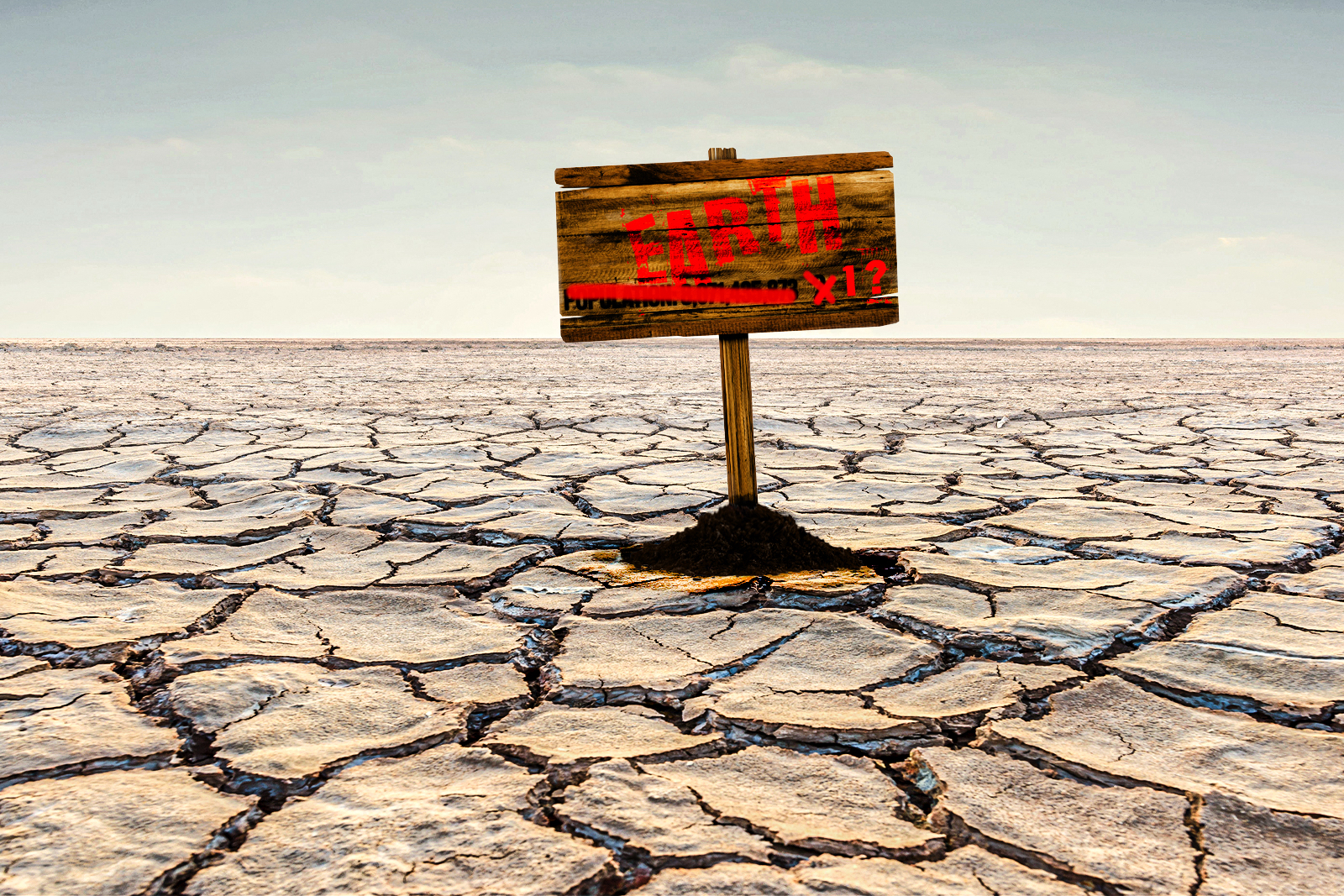
Culture
The Poignant Allegory of Man, Earth, and Our Addiction to Greenhouse Gases
Herein lies a tale of ardor, a perilous liaison, and profound sorrow—a plea for redemption from the depths of folly.
My saga with the planet commenced in an age of innocence. Our rapport was serene, unblemished by the complexities that were to come. However, with the dawn of the Industrial Revolution, my priorities shifted. I was ensnared by the gleam of progress and the allure of affluence. Greenhouse gases became my secret seducer, my clandestine infatuation, to which I surrendered with reckless abandon.
Earth, my forsaken companion, watched in silence. At times, her quiescence gave way to tumultuous outbursts, a manifestation of her anguish. Those were the moments that I harbored fear, yet my obsession with my inanimate lover was too potent to abandon.
Our fiery romance was unsustainable, an intense flame that consumed but could not endure. The collective voice of my peers and my lineage began to penetrate my denial, admonishing that my tryst with these vaporous toxins had spiraled beyond the pale and that I must seek to reforge my bond with Earth.
With the erratic energy of a storm engorged on adrenaline, I endeavored to atone for my transgressions. Naively, I believed in the illusion of easy salvation, presuming that a connection spanning eons could be effortlessly restored. What I hadn’t accounted for was Earth’s grievous revelation: the afflictions I had wrought were beyond the scope of repair. Her gentle admonition—that my tempestuous affair had left indelible marks upon her—signified a breach of trust that was irreparable.
In the throes of desperation, I discerned a glimmer of hope within Earth’s quietude. She imparted a truth: with the right measure of tender, loving care, we might still sustain what remains of our relationship, granting us the precious time needed to adapt to our new reality, and to take the measures necessary for survival.
Who am I in this narrative?
I am an emblem of humanity, of you, the reader. We bear the collective onus to stymie the transformations Earth endures. She deems it climate change—a phenomenon fraught with peril for all.
Why rest the burden on you alone? You may protest, “The actions I perform as an individual only have an inconsequential effect on the threat of climate change.” This recalls the logic refuted by philosopher Jonathan Glover, who illustrated the futility of the “one person makes no difference” stance, particularly in the act of voting, save for the rare event when a single vote is pivotal. Let this principle be extrapolated to our current ecological predicament.
It’s easy to perceive one’s individual contribution as trivial ripples in the vastness of the environmental saga. There’s a temptation to believe that regardless of your choices, others will persist in their detrimental ways. But here lies an ethical conundrum: such a mindset diminishes the weight of personal virtues, placing them subordinate to the immediate consequences of one’s actions. It echoes a fear that renouncing one’s dalliance with greenhouse gases will be futile if others continue their dance with this destructive element. I confess to sharing this dread—a victim to a similar irrational stasis of imagination. Yet, I elect to embrace the notion that our collective accountability to Earth transcends the immediate effect of singular decisions, journeying into the realm of mutual responsibility and collective fate.
Our interconnectedness with the planet and each other forms an unbreakable bond.
Consider the parallel of combating poverty. Your aid to one, or to a few, in spite of the billions still facing deprivation, is not an exercise in futility. In that moment, you are not preoccupied with the overwhelming scale of the problem; instead, your focus is on the tangible impact before you. It is absurd to dismiss the act of contributing to relief efforts as negligible due to the magnitude of the crisis.
Thus, the mission to mitigate climate change should not be perceived as an isolated obligation relegated to a select demographic. It is, rather, a collective harmony that should reverberate across nations, cultures, and generations. It is imperative to grasp that the tensions between humanity and the planet are a tapestry of interdependence, and it is our duty to acknowledge that our deeds have ramifications extending beyond our immediate sphere.
The relationship with the planet, fraught as it is, imparts crucial lessons. In understanding the web of our actions, we must assume stewardship. This understanding is vital for envisioning a future that not only strives for sustainability but also inspires our contemporaries to adopt a similar resolve. When the collective efforts of millions coalesce, our cumulative impact becomes profound. It is through these acts that I, that we, may find redemption.

